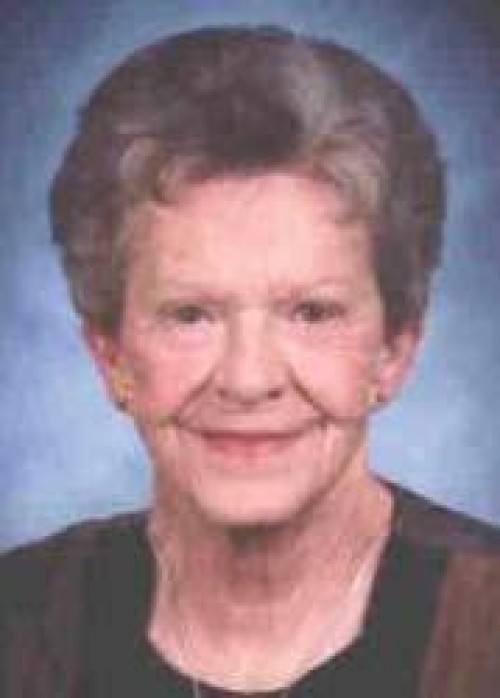
Audrey H. Trapp
May 5, 2008Houma man found dead
May 7, 2008The football hung in the air for an eternity. The spiraled pass across the middle of the field was on its way, and it was either catch it and get clobbered by the free safety or not catch it and meet the same end. So new San Diego Chargers wide receiver Troy Johnson chose the former and leaped into the air to haul in a pass that should have never been thrown to him.
“I was on a dig route and the free safety didn’t bite on the other wide out’s post route,” explains Johnson. “The quarterback made a bad read and threw it to me instead of to the man-to-man coverage on the outside.”
Just as the ball touched his hands, a crushing blow was delivered by Los Angeles Rams rookie free safety Dwayne Young. “It was a clean hit and I saw it coming, but what are you going to do, not catch the ball?” remembers Johnson. “I blacked out and the next thing I knew the crowd was going ‘ooohhh!’ and I couldn’t get up.”
Johnson said he told the trainer that his shoulder and back hurt.
After a few minutes Johnson walked to the sideline under his own power. “It was the longest walk I’ve ever made,” winced Johnson at the memory. “Everything was moving in slow motion, and I thought I would never make it to the bench.”
As he reached the bench, Johnson began coughing up blood. After a quick trip to a nearby hospital, it was determined that he had suffered a broken collarbone and three broken ribs that punctured his lung.
“I spent 10 days in the hospital on a catch that shouldn’t have been thrown, on a hit from a rookie who didn’t even make the Rams’ roster, in a meaningless game. After that one, I knew my NFL career was over.”
The game was meaningless because it was in a preseason game, Johnson said from his Senator Circle office at the Houma Terrebonne-Housing Authorities. Because of the injury, now 20 years in the past, Johnson lives with high blood pressure that he controls with medication.
It wasn’t the first time Johnson had to deal with adversity. While attending college at Southeastern University in Hammond, Johnson had his ankle shattered when an offensive lineman fell on the Chauvin native’s leg.
“I never thought I’d play again,” said Johnson. “I had to work hard, but I made my way back to the field.”
A year later, Johnson transferred to Southern University to continue his college football career. “That wasn’t my greatest setback,” says Johnson as he rocks back in his desk chair. “My older brother, Melvin Johnson Jr., died in 1980, when I was a senior at South Terrebonne High School. He was my best friend and the person I admired most.”
Melvin Jr. was a standout wide receiver for the Kansas City Chiefs and died after slipping into a coma due to complications during surgery to repair a hurt wrist suffered during the season. It was then that the younger Johnson decided that he was going to make it to the NFL as a tribute to his late brother.
“I would be jogging down the street in 90 degree temperatures and people would stop and ask me what I was doing,” Johnson said. “I would simply tell them I was going to play in the NFL one day.”
Johnson made good on his promise to himself and his brother. After playing one year for the Denver Gold in the USFL, Johnson tried out for the New Orleans Saints and the St. Louis Cardinals. “Both teams wanted to sign me but the Saints were too slow and I became a Cardinal.”
Johnson then played for the Pittsburg Steelers and legendary Super Bowl champion head-coach Chuck Knoll. “I learned a lot from coach Knoll. I can see why he had Super Bowl rings.”
Johnson explained that Knoll was an in-your-face coach, who liked to yell and curse. The opposite was his defensive coordinator and future Super Bowl winning coach, Tony Dungy, who taught Johnson how to get a point across without raising your voice and using profanities.
Johnson then left the Steelers for the sunny shores of southern California and the Chargers, where he was injured during the preseason. After that, he went north to the Canadian Football League and played a year for the Winnipeg Blue Bombers before calling it quits.
“Once you’ve played in the NFL, playing in Canada just wasn’t the same,” Johnson said. “If I had started in the CFL and then made it to the NFL, then maybe I would have played for Winnipeg longer.”
During his seven-year pro career, wide receiver Troy Johnson caught 32 passes, three touchdowns and amassed 772 yards, all the while playing with his brother in his heart. “I never wore his jersey number, but I did play with a picture of him I kept in my sock,” smiles Johnson. “He was with me every step of the way.”
Since his playing days, Johnson has returned home to Houma and opened his own short-lived pizza restaurant on Prospect Street, called Zanies Pizza, then sold cars for area dealerships before switching to a more civic-minded career with the Houma-Terrebonne Housing Authority.
Johnson is also a writer who has authored and self-published his first novel, “The Fishing Hole,” in 2004. The story revolves around the lives of a white and black boy who are best friends and the adversity they faced during the racially charged times of school integration. He is currently working on a new novel that he hopes will be finished within the year. It too will deal with race relations in the area.
Johnson now strives to bring better understanding between the races from the printed word to political activism. He uses the same work ethic and determination that got him to the NFL to help him achieve elected office as president of the Terrebonne Parish Chapter of the NAACP.
“People used to tell me I was not good enough to play pro ball,” states Johnson. “Now they say my opponent has more support, but I enjoy a challenge and the election is a long way off.”
And if history tells us anything -it tells us the future is bright for Troy Johnson. “My life’s been great so far. I’m looking forward to the rest of it.”










